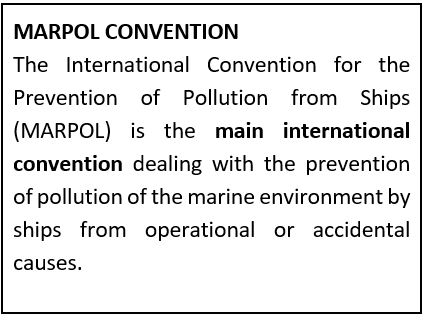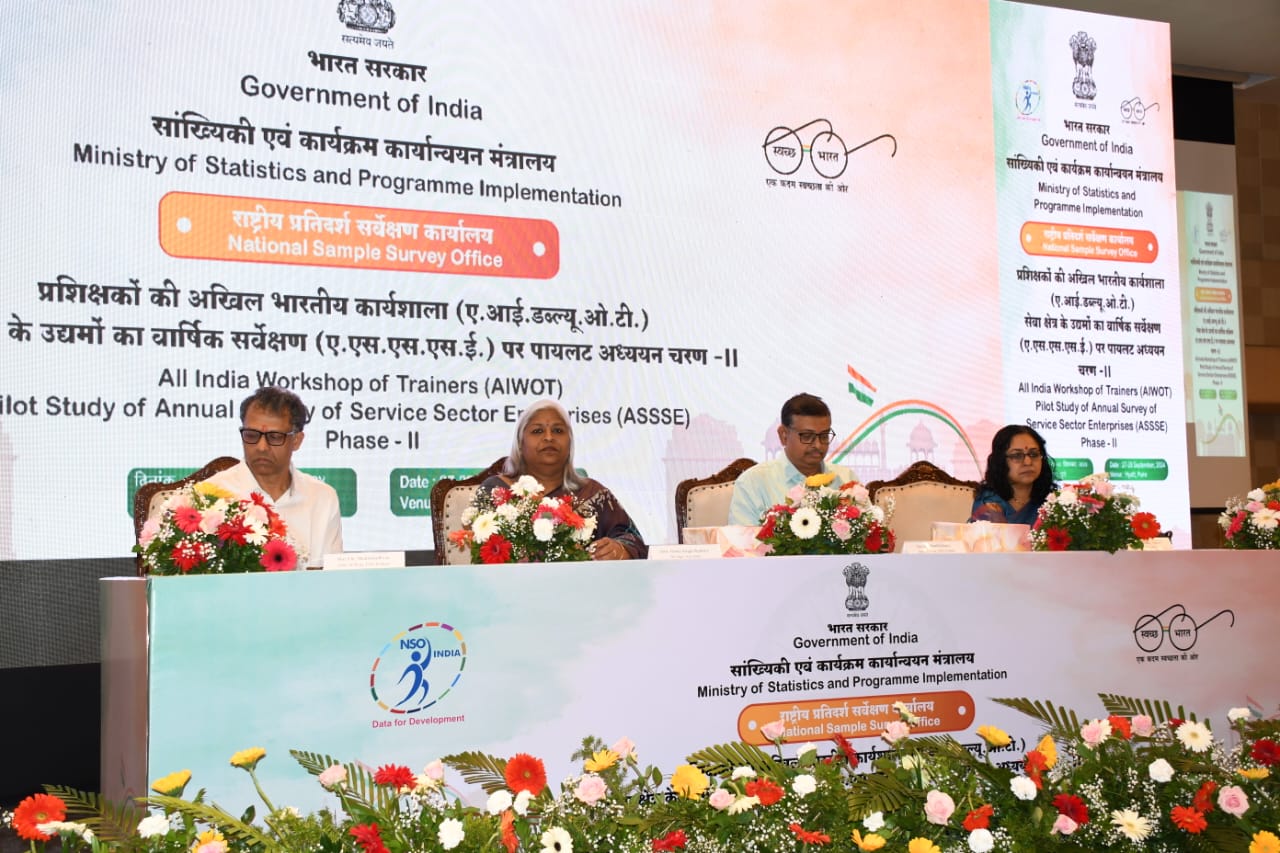- Courses
- GS Full Course 1 Year
- GS Full Course 2 Year
- GS Full Course 3 Year
- GS Full Course Till Selection
- CSAT
- 5 LAYERED ARJUNA Mentorship
- Public Administration Optional
- Online Program
- GS Recorded Course
- NCERT (Recorded 500+ Hours)
- Polity Recorded Course
- Geography Recorded Course
- Economy Recorded Course
- AMAC Recorded Course
- Modern India, Post Independence & World History
- Environment Recoded Course
- Governance Recoded Course
- Science & Tech. Recoded Course
- International Relations and Internal Security Recorded Course
- Disaster Management Module Course
- Ethics Recoded Course
- Essay Recoded Course
- Current Affairs Recoded Course
- ABOUT US
- OUR TOPPERS
- TEST SERIES
- FREE STUDY MATERIAL
- VIDEOS
- CONTACT US
IMO Green Voyage 2025 project
IMO Green Voyage 2025 project
About the project
The IMO GreenVoyage2050 project aims to support the effective implementation of the IMO's initial greenhouse gas emissions strategy, and in particular to provide support to developing countries in their efforts to reduce greenhouse gas emissions from ships.
Strategy: The IMO's initial strategy sets out a clear vision and levels of ambition, one of which is to reduce total annual greenhouse gas emissions by at least 50% by 2050 compared to 2008.
The GreenVoyage 2050 project aims to achieve this by supporting partner countries to
-
Conduct an assessment of marine emissions in a national context.
-
Develop policy frameworks and National Action Plans (NAPs) to address greenhouse gas emissions from ships.
-
Draft legislation to implement Annex VI of MARPOL into national law under which Governments are required to provide adequate sewage reception facilities at ports and terminals without delaying ships.
-
Assess emissions and develop port-specific emission reduction strategies.
-
Identify opportunities and implement pilot projects through the creation of public-private partnerships and the mobilization of financial resources.
-
Access to financing and investment in energy efficient technologies.
-
Partner with industry to develop new and innovative solutions to support low-carbon transport
Way forward to go green
-
Embrace energy-efficient technologies and practices in homes, industries, and transportation to reduce overall energy consumption.
-
Shift towards renewable energy sources such as solar, wind, and hydropower to decrease reliance on fossil fuels and cut down greenhouse gas emissions.
-
Adopt a sustainable lifestyle by minimizing waste generation, reusing materials, and promoting recycling to reduce the environmental impact.
-
Implement environmentally-friendly agricultural practices, like precision farming and organic methods, to reduce emissions and preserve soil health.
-
Support and participate in global efforts to address climate change, such as international agreements and initiatives aimed at reducing greenhouse gas emissions.
-
Invest in technologies that capture and store carbon emissions from industrial processes to prevent them from entering the atmosphere.



